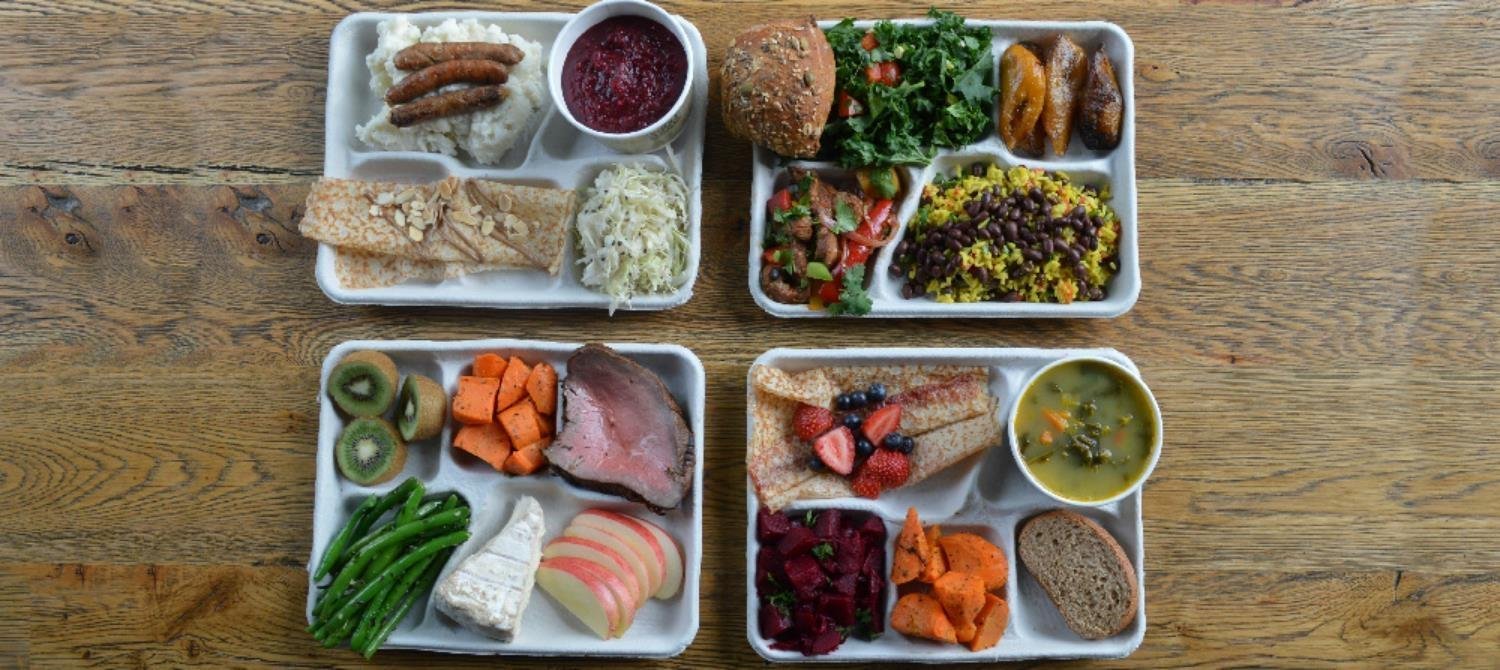In schools across the country, children living in poverty are subject to “lunch shaming” when they can’t afford to buy a hot meal.
Some students have been forced to clean cafeteria tables in front of their peers when they are unable to pay off their debt. Last year, a third-grade boy in Alabama was stamped on the arm with a note that read “I need lunch money.” On the flip side, a cafeteria worker in Pennsylvania made headlines when she quit her job after being told she had to take away meals from students short on funds.
Last week, in what supporters say is the first of its kind in the US, New Mexico introduced legislation that outlaws shaming children whose parents fall behind on school lunch payments.
Read More: Did Your School Lunch Measure Up?
The Hunger-Free Students’ Bill of Rights Act, spearheaded by New Mexico Appleseed, a nonprofit dedicated to ending poverty in the state, requires schools to work with parents to guarantee all students have access to the same lunch. It also brings an end to practices like trashing lunches or forcing students to complete embarrassing chores.
State senators Michael Padilla (D-NM) and Linda Lopez (D-NM) co-sponsored the bill.
The law applies to schools that receive federal subsidies for students’ breakfasts and lunches, and requires that they help sign up students for free and reduced-price lunches.
Padilla told NPR that he grew up in difficult circumstances, often watching other students get served hot meals while he only received a piece of bread.

"A 6-year-old, maybe up to about an 11- or a 12-year-old, a 14-year-old, they have no power to fix this issue and to resolve this," Padilla said. "If their parents have debt in the lunchroom, then that is not something that they have control over, and I don't know why we're punishing them. So this prohibits that — it outlaws that — and it focuses more on the child's well-being rather than the debt itself."
Padilla hopes other states will follow New Mexico’s lead.
Read More: 7 Unusual Ways Students Are Getting Fed
This may be difficult to accomplish at a national level.
Last month, White House director of the Office of Management and Budget Mick Mulvaney publicly defended the Trump administration’s proposed cuts to social welfare programs like Meals on Wheels and other after-school programs. He called the services “ineffective” and the cut “compassionate” to taxpayers.
“They're supposed to help kids who don't get fed at home get fed so they do better in school,” Mulvaney said. “Guess what? … There's no demonstrable evidence they're actually helping results, helping kids do better in school.”
But according to a recent report from the Centers for Disease Control and Prevention, hunger takes a toll on student achievement, and alleviating it helps performance in school.
Read More: What the world can learn from Japan's school lunches
Schools in France and Japan know the importance of serving all students well-balanced, nutritious snacks and meals.
From as early as 1867, millions of French school children have been provided daily with a freshly prepared, three-course meal at their school “canteen.” There is no national school lunch program in France because public school meals are funded by local municipalities. Even without national subsidies, these meals cost around $3 per child, and prices for low-income families are subsidized.
Lisa Stadnyk-Webb, a former elementary school assistant principal, spent one week in the canteen of her daughter’s school when they first moved to France.
“Each week there was an array of salads, seasonal vegetables, meats, fish cooked in different sauces and, of course, desserts,” she wrote on her blog. “The menu changed weekly, but the constant was that the meals were always fresh, well balanced, and, in my mind, quite ‘grown up’ for 3-year-olds.”

Read More: How a Culinary Bootcamp Is Improving School Lunches
Japan follows a similar system, in which municipalities pay for the labor it takes to make the meals and parents pay for the meals themselves. These meals cost just $2.50 each,and, for those in need, they are reduced or free.
The country considers lunchtime to be part of the educational experience, as opposed to a break from school. One municipality in northern Tokyo has even published a cookbook of its most popular school lunches, inspiring parents to follow their children’s school recipes at home.
Above all, however, practices like “lunch-shaming” are unknown in these countries where the importance of feeding every child is emphasized, regardless of their families’ financial shortcomings.
“People on both sides of the aisle were genuinely horrified that schools were allowed to throw out children’s food or make them work to pay off debt,” Jennifer Ramo, executive director of New Mexico Appleseed, told the New York Times. “It sounds like some scene from ‘Little Orphan Annie,’ but it happens every day.”